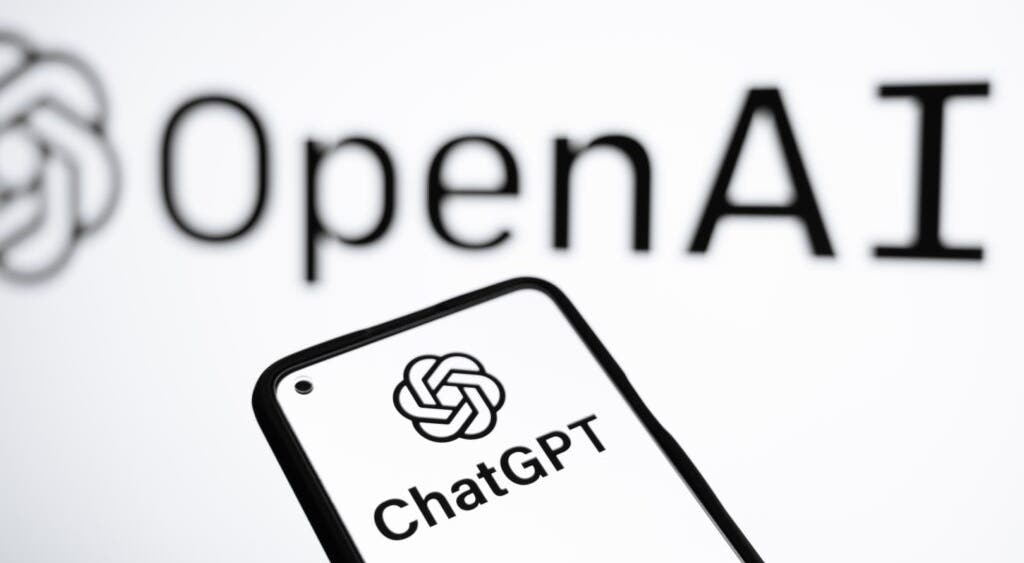
OpenAI’s ChatGPT has gone off the rails once again, and this time, posting walls of gibberish have left users confused. Some have taken to social media to explain their struggles with the chatbot, while others are left scratching their heads.
The Unexpected: ChatGPT experienced a period of “unexpected responses,” like Microsoft Corp.-backed MSFT OpenAI terms it. The result was a seemingly unending series of posts on social media with confused users asking if this is where AI chatbots stop making sense.
One user asked ChatGPT for a recipe for a certain dish, but the chatbot went on what reads like a long rant.
“Forsake the new fruition morsel in your beloved cookery, from steeps to barbicans, maffling, or reciprocally as a fender or rumpus.”
Some users joked that this is a result of Reddit Inc. licensing its user data to an unnamed AI company for $60 million, although it is worth noting that this is a tongue-in-cheek remark.
When asked to do the math, ChatGPT returned with another long speech.
In another funny instance, ChatGPT used “Spanglish” – a mix of Spanish and English. By the end of it, ChatGPT kept repeating, “It is – and it is.”
At one point, ChatGPT wanted to play football with one of its users.
Another user reported that ChatGPT started talking in German and another “fantasy language.”
OpenAI acknowledged the problem. “We are investigating reports of unexpected responses from ChatGPT.”
Although it notes that the problem has been fixed, the company continues monitoring the situation.
The Repercussions: Hallucinations – like the one above – have been a problem with AI chatbots. However, ChatGPT hasn’t had these issues in quite a while. The most recent episode of this hallucination was during the early days of ChatGPT 3.
For now, though, OpenAI has fixed the problem.
Photo courtesy: Shutterstock

